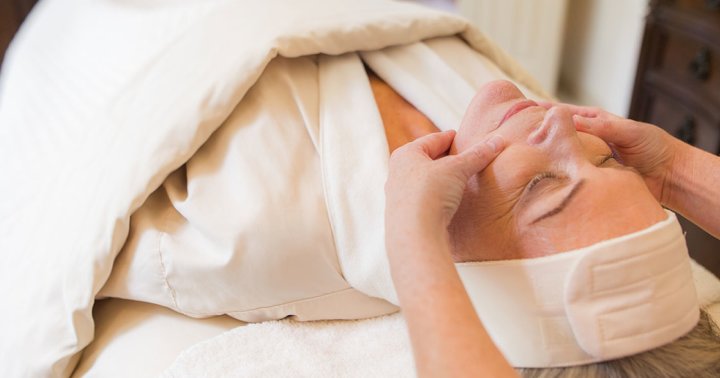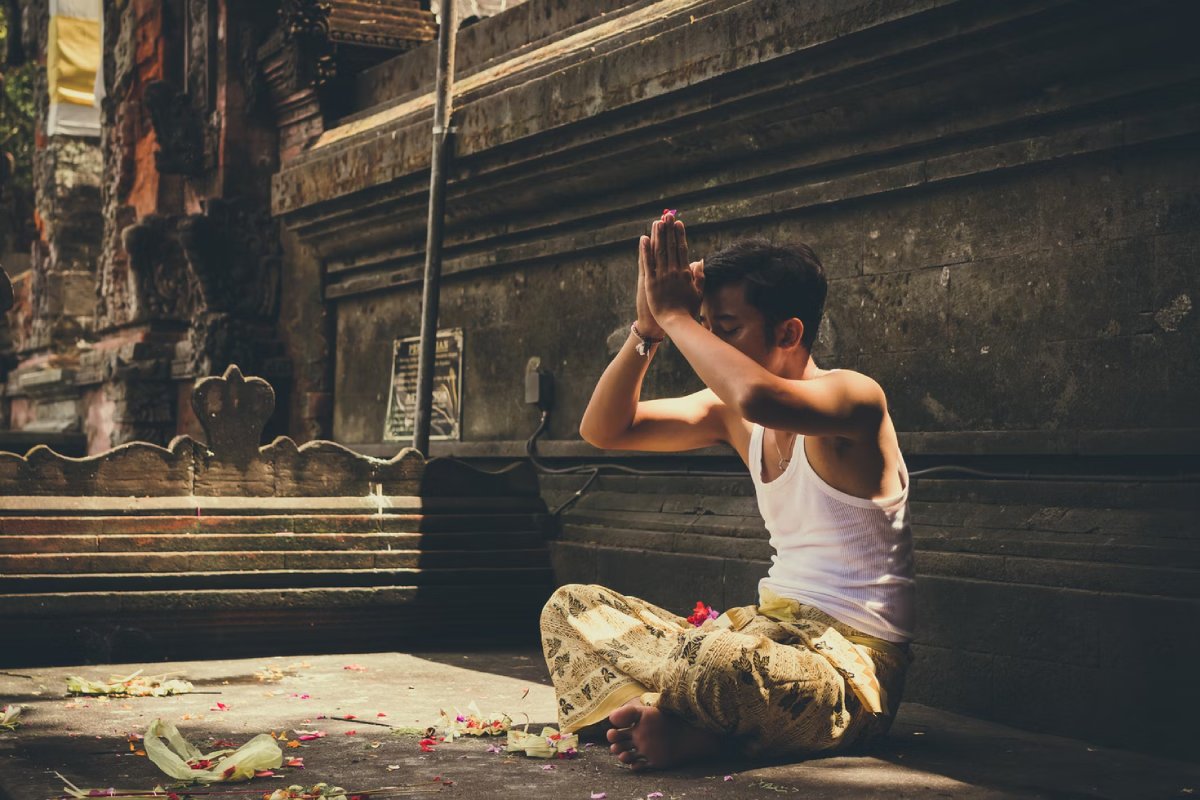My Mind Used To Race Before Bed — Until I Re-Jiggered My Daily Routine
These changes helped me kick melatonin to the curb.

My relationship with sleep has changed drastically in the past few years. As an entrepreneur who has founded and sold multiple companies, managing stress is an inherent part of my life. However, a few years ago, this stress started to negatively impact my sleep. I’d find myself lying in bed awake for hours in the night, my mind racing with ideas for my business or to-dos for the next day, and I soon found myself in a vicious cycle.
I’d rely on short-term fixes like melatonin to help me fall asleep; but these just made me feel groggy in the morning and drove me to over-caffeinate the next day, furthering the vicious cycle.
Seeking out the best care for my insomnia, I tried to get into a top-tier sleep clinic, but I found myself on a 6-month waitlist. After doing some digging, I was shocked to learn that waitlists of that length are typical!
So, I started to work with leading sleep experts to develop what ultimately became my current company, Sleep Reset—a digital, personalized sleep program to help people fall asleep faster, sleep through the night, overcome sleep anxiety, and wake up well-rested. In that process, I learned about changes to make to my own sleep routine.
Now, I maintain a very consistent routine with healthy sleep hygiene, starting as soon as I wake up in the morning. I am much more mindful about how my behaviors throughout the day—from when I first get some sunlight to when I eat dinner—impact my sleep. I’ve also created better boundaries between work and rest, and rearranged my schedule to better align with the natural peaks and dips in my energy levels.
It took time and dedication, but after making these changes, I’m sleeping so much better, which allows me to show up as the leader and person I want to be, in both my personal and professional life.
It is now my mission and purpose to improve the quality of life for millions of people by providing easy, immediate access to the world’s best sleep care.
5 a.m.: I’m a naturally early riser, so I wake up without an alarm clock. This way, I don’t wake up my husband, who is a night owl and sleeps later.
5:05 a.m.: I drink some warm water, which soothes my stomach.
5:10 a.m.: I stretch and meditate in my yoga room for about 15 minutes.
5:30 a.m.: I have breakfast to send a signal to my body that it’s time to wake up—usually a banana and a decaf coffee.
5:45 a.m.: I sit down at my desk to start my day. I sit by a window, to start getting exposure to natural light as the sun comes up, which helps keep my circadian rhythm on track.
5:50 a.m.: Before I start working, I check in with my emotions, and think about something I’m grateful for. Then, I dive into deep focus mode for the next few hours.
9 a.m.: I take my dog Omo, a 10-year old pomeranian, out for a walk and for a quick play session in the nearby dog run. I grab a caffeinated coffee at this time.
12 p.m.: I finish my last cup of coffee. I never drink caffeine after noon, as otherwise it lingers in my system and makes it hard for me to fall asleep.
4 p.m.: I’m naturally most focused in the morning and tend to lose steam in the afternoon, which is why I start my workday so early. I stop working around this time, to give my brain time to wind down from the workday.
4:10 p.m.: I leave my apartment to meet a friend for a workout class.
5:45 p.m.: I have dinner with my husband. Tonight we’re having one of our favorites, Kalbi tang, which is a Korean short-rib stew. We eat early, so that my body has three hours to fully digest the meal before it’s time for bed.
6:30 p.m.: I go for a walk around the neighborhood with my husband.
7:15 p.m.: I spend about an hour reading a book. Right now I’m reading Maybe You Should Talk To Someone by Lori Gottlieb and I’m loving it. I read paper books, rather than on my phone or tablet, to minimize my evening exposure to blue light, which can suppress your body’s production of melatonin and make it harder to fall asleep.
8:15 p.m.: I take a warm bath.
8:45 p.m.: I do 10 minutes of restorative yoga, to get my body in tune with my relaxed mind.
8:55 p.m.: I turn down the temperature in my bedroom to 67 degrees, an ideal temperature for healthy sleep.
9 p.m.: I put on my eye mask and my ear plugs and go to sleep, allowing myself a full eight hours of sleep before waking up at 5 a.m. the next morning.

 JaneWalter
JaneWalter 



















.jpg&h=630&w=1200&q=100&v=6e07dc5773&c=1)











